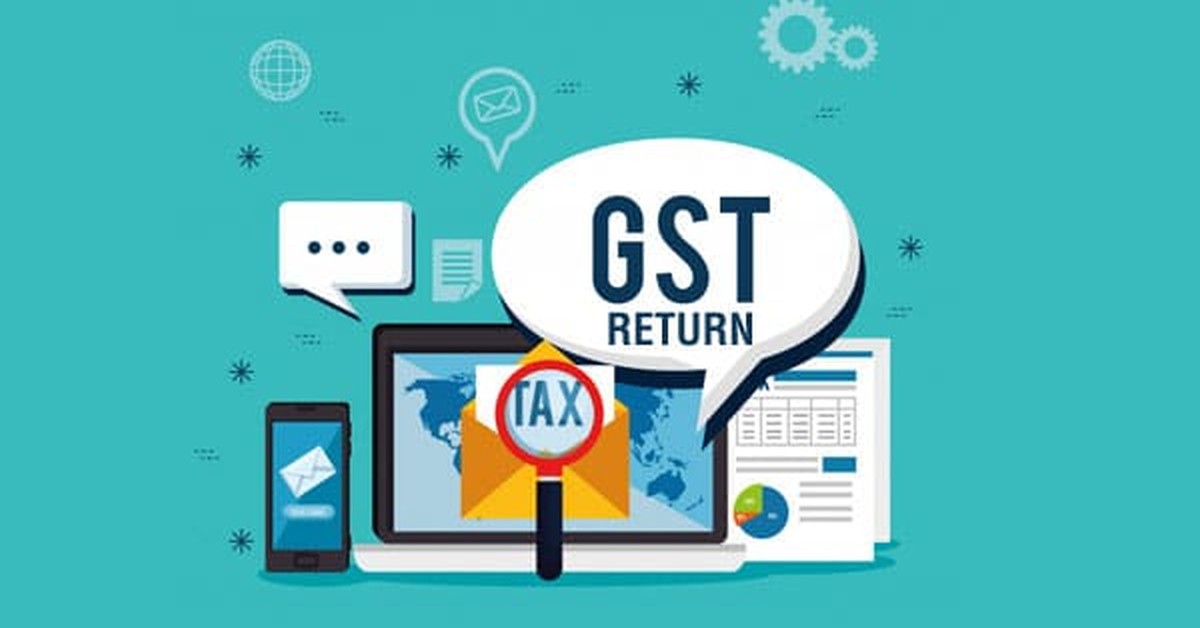As per Section 2(13) of CGST Act, 2017, GST audit means the examination of records, returns and other documents maintained or furnished by the registered person under this Act or the rules made thereunder or under any other law for the time being in force to verify the correctness of turnover declared, taxes paid, refund claimed and input tax credit availed, and to assess his compliance with the provisions of this Act or the rules made thereunder.
As per Rule 80 of the CGST Rules, 2017, every registered person liable to file annual return for every financial year is required to file the same on or before the 31st of December of the next financial year.

There are two types of audit under GST as follows
- Audit by the registered person, if turnover exceeds the threshold limit (i.e. INR 2 crore for GSTR 9 and INR 5 crore for GSTR 9C)
- Audit by GST authorities
- General audit by the Deputy Commissioner/Assistant Commissioner or any officer authorized by him. [Section 65(1)]
- Special audit by the CA nominated by the Deputy Commissioner/Assistant Commissioner or any officer authorized by him. [Section 65(1)]
Points to be noted for special audit
- Sec 65(3): Intimation | The registered person shall be informed, by way of a notice, at least 15 days in advance in Form GST ADT-01.
- Sec 65(4): Period of Completion | The audit shall be completed within a period of three months from the date of commencement of audit. Provided that where the Commissioner is satisfied that audit in respect of such registered person cannot be completed within three months, he may, for the reasons to be recorded in writing, extend the period by a further period not exceeding six months.
- Sec65(6): Audit Report | On conclusion of audit, the proper officer shall within thirty days, inform the registered person, in Form GST ADT-02.
Forms for annual return and GST audit (Rule 80: Annual Return)
|
Particulars |
Form to be filed |
|
Person registered under any scheme and turnover exceeds INR 2 crore |
GSTR 9 Annual Return |
|
Person registered under Regular Scheme and turnover exceeds INR 5 crore |
GSTR 9C Reconciliation Statement |
|
Person registered under Composition Scheme and there is no any turnover limit |
GSTR 9A Annual Return |
|
Person registered as e-Commerce Operator and turnover exceeds INR 5 crore |
GSTR 9B Reconciliation Statement |
Registered person who has opted-in or opted-out of composition scheme is required to file both GSTR 9 & GSTR 9A for the relevant period.
Persons liable for filing Annual Return
As per Section 44 of CGST Act 2017, every registered person is required to file Annual Return except the following.
- An Input Service Distributor
- A person paying tax under Section 51 (i.e. TDS deductor)
- A person paying tax under Section 52 (i.e. TCS collector)
- A Casual Taxable Person
- A Non-Residential Taxable Person
Levy of late fee
As per Section 47(2) of CGST Act, 2017, any registered person who fails to furnish annual return by the due date shall be liable to pay a late fee of R 100/- per day subject to maximum of 0.25% of his turnover in the State or Union Territory. A similar provision exists in respective SGST Acts, also. Therefore, effectively the late fee for delay in filing Annual Return by the due date is R 200/- per day subject to a maximum of an amount calculated at 0.50% of his turnover in the State or Union Territory.








 CAclubindia
CAclubindia
